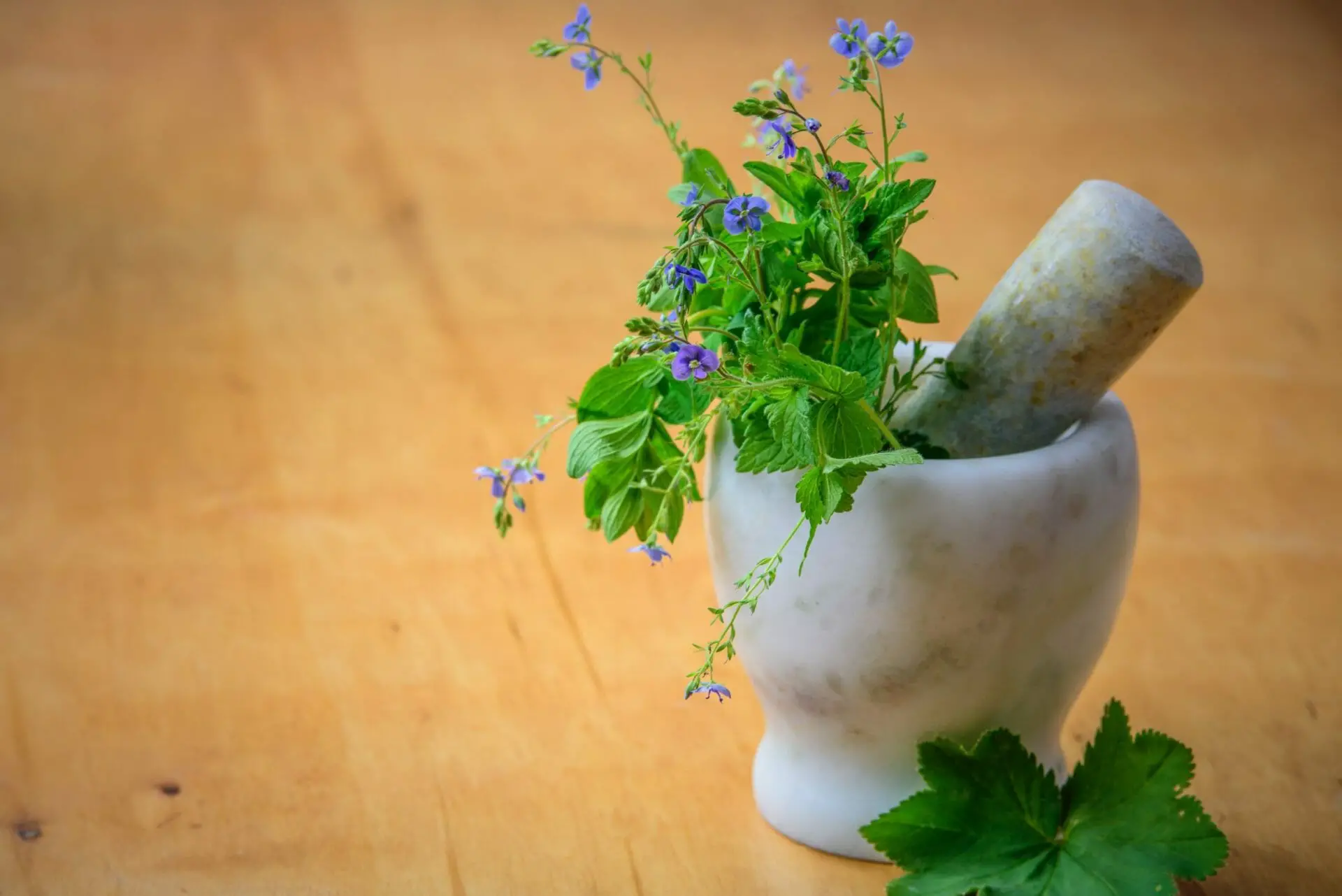Welcome to the blog about menopause! I’m going to focus on what it is, how it affects women’s health and well-being, and what natural remedies for menopause exist.
What you will learn
What is menopause?
Menopause is when a woman stops menstruating due to aging or disease. It happens at different times for everyone – some women experience symptoms in their 40s while others may not start until they are 50+.
There are many ways that this time of change can affect your quality of life. Some changes might be hot flashes, night sweats, mood swings, weight gain, low libido (sex drive), depression, or anxiety.
Symptoms-Natural Remedies for Menopause
Hot Flashes
They can happen at any time, day or night, and may last from a few seconds to several minutes in length. The good news is that there are many ways you can manage them naturally:
- acupuncture
- herbs (like black cohosh)
- vitamin E supplements
- magnesium supplements
- exercise routines
- licorice root -Licorice root has been found to reduce hot flashes in women of all ages! It’s great because it doesn’t have any side effects and is readily available at most health food stores or grocery stores that carry supplements.
Click to buy some licorice root!
Night sweats
Night sweats are when you wake up in the middle of the night from hot flashes. For some people, these episodes can last hours and may disrupt sleep.
There is a natural remedy for night sweats that have been used for centuries.
- Sage- is an herb that can be burned to create smoke or made into tea, which helps cool down your body temperature and calm nerves.
- Chamomile tea
- Lavender oil can also assist with better sleep and feel more refreshed in the morning.
Mood Swings
Menopause can be a difficult time for women and mood swings are common. Here are some natural remedies that can assist:
- Eating an apple before bed helps to regulate your blood sugar levels and prevent mood swings.
- Avoiding caffeine
- Avoid alcohol
- Limit sugary drinks
- Exercise -great way to release endorphins that can boost your mood.
- Deep breathing exercises or yoga when you’re feeling overwhelmed by stressors in life.
- Make sure you get enough sleep at night as this will allow the body to balance hormones naturally.
Weight Gain
Symptoms of weight gain during menopause are a side effect of fluctuating hormone levels, the average is about five pounds.
Women can help themselves lose weight by:
- Making healthier food choices -high-fiber foods, green vegetables, and fruits.
- Drinking plenty of water.
- Healthy snacks are also a great way to keep your hunger at bay without feeling guilty!
- Exercise – Great exercise ideas are walking, running, yoga, or other exercises that focus on weight loss.
Don’t forget to consult with your doctor before starting any new exercise routine because it may not be the best choice for you! Incorporating exercise into your day will also help you release stress and anxiety, which can contribute to feeling sluggish or tired.
Acupuncture
Acupuncture can help with menopausal symptoms like hot flashes, mood swings, and night sweats by balancing hormones. This treatment promotes hormonal equilibrium which helps balance the body’s energy levels to help reduce menopausal symptoms
Low Libido
Low libido can happen in menopause, but it is not due to the lack of estrogen. It could also be caused by a variety of health issues, such as chronic illnesses, depression, or medication for another illness which may cause hormone changes that affect sexual desire. Other reasons low libido might occur are:
Natural remedies to increase libido include :
- supplements like ginseng and L-arginene
- Vitamins from food or supplements that contain B6, C, D3 E, and zinc
- Certain yoga poses have been proven to increase as well. Check this blog about yoga and improve sex life.
Depression
Depression is common in menopause because of hormonal changes. This can sometimes be combatted with the use of the following natural remedies:
- Herbal remedies such as Valerian Root, which has been shown to reduce symptoms of depression and anxiety by exerting a sedating effect on the brain.
- Cognitive behavior therapy (CBT) is also a great way to help with managing the symptoms of menopause. CBT works by identifying and changing unhelpful thinking patterns that may cause or worsen depression, anxiety, stress, or anger.
- Exercise, meditation, and yoga
- Getting plenty of sleep
- Eating a healthy diet that includes Omega-rich foods such as fish.
- Drink lots of water to stay hydrated.
- Getting more sunshine during the day or using natural light in your home at night. Research has shown that people who have depression fare better when they spend time outdoors on days where there isn’t much sun exposure.

Anxiety
Anxiety can occur in menopause. There are some ways to treat including:
Therapy: Therapy can be done one-on-one with a therapist or in groups for women who are experiencing the same things you are going through. Group therapy is popular because it allows for an opportunity to share feelings of loneliness or isolation as well as a chance to hear how other people have made changes that work for them.
There are also books on anxiety management that provide techniques readers can use at home without having to see someone else professionally about their symptoms.
If you are experiencing any of these symptoms or others that concern you then it is important to consult a doctor as soon as possible in order to get the correct diagnosis for your particular situation which will lead to finding an appropriate treatment plan.
It’s also crucial during this time to maintain good relationships with friends and family members by being open about what is going on and asking for their support. This can make all the difference when trying times come around because they might help provide some relief from depression or anxiety if nothing else at least give someone who understands what you’re going through so things don’t seem quite as bad.
You should always remember that menopause doesn’t go on forever as it is just a phase of life and that there are many things you can do to help make the symptoms less intense.
Conclusion
There is an abundance of natural remedies for menopause that can help relieve symptoms. Understanding the different types of treatments and how they work will help you make better decisions about your personal needs. We encourage you to talk with a healthcare practitioner if you have any questions related to your condition, but in the meantime, take some time for yourself by experimenting with these potential natural solutions.

